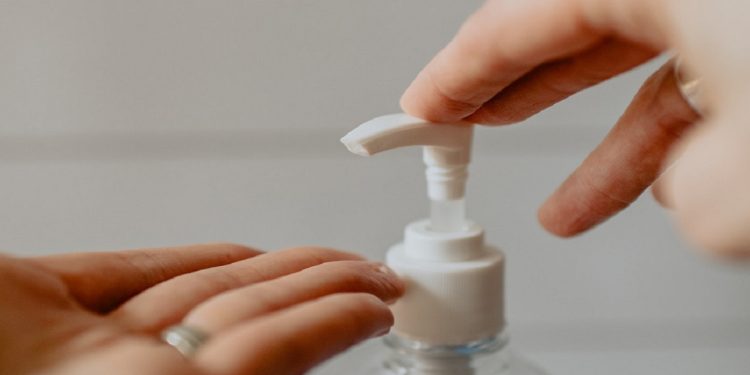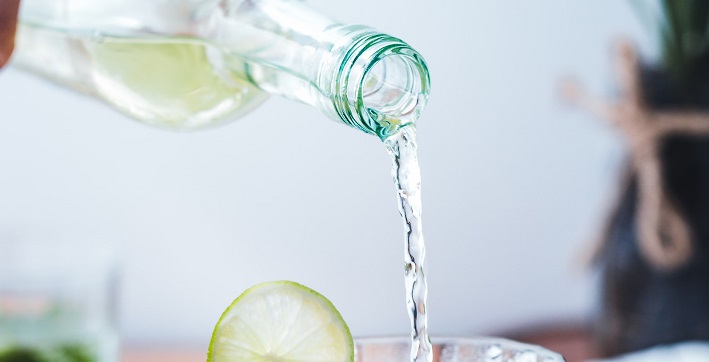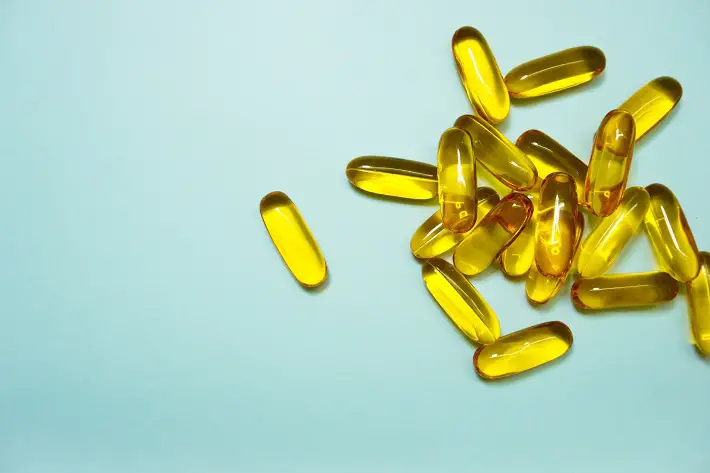5 Ways to Minimise the Risk of Long Covid

Catching Covid is one thing, but experiencing ongoing symptoms weeks or even months after testing negative again with a test provider like Cignpost Diagnostics, is quite another.
Below, we take a look at a few ways you can help reduce the risk of long Covid and how to get over it more quickly if you do find yourself suffering from it.
1. Stay hydrated
One of the most common things we do to minimise the risk of long Covid is to stay hydrated. When you’re dehydrated, it can be hard to fight off a cold or flu. When the body doesn’t have enough water, it’s less able to flush out toxins and keep itself healthy.
Staying hydrated helps us fight illnesses more effectively because:
● It keeps your immune system strong
● It aids the digestion in working smoothly
● It improves blood circulation throughout your body
● It prevents headaches and dizziness from dehydration
2. Stay active
Staying active is a great way to build up your stamina, which makes it easier to get through the day when you’re feeling under the weather.
It keeps your mind sharp so that when you do catch something, you’ll be able to make smart decisions about how to treat it (like staying home from work or school). It also helps you sleep better at night – another important part of fighting off illness.
Whilst staying active can be difficult when you have long Covid symptoms, doing so can help avoid a further decline in both your mental and physical health.
3. Ensure you’re vaccinated
While no Covid vaccinations are 100% effective, ensuring you’ve had all doses of the vaccine is a great way to safeguard yourself against long-term complications if you do end up catching Covid.
Evidence has shown that those who are up-to-date on their vaccines will be less likely to suffer from ongoing symptoms should they become infected. However, there’s little evidence as to who is more likely to experience long Covid and why some people catch it but not others.
4. Take nutritional supplements
You can take nutritional supplements to help you get the vitamins and minerals your body needs. It’s a good idea to take vitamins every day, as this can reduce your chances of becoming unwell by boosting your immune system.
Some of the best supplements and vitamins to take for a healthy immune system include:
● Vitamin D: Vitamin D is known for its role in bone health, but it’s also an important immune-system booster.
● Probiotics: Probiotics are live bacteria and yeasts that are found in certain foods and supplements. They help maintain the balance of good and bad bacteria in your digestive system—a healthy gut is key to a healthy body.
● Vitamin C: Vitamin C is one of the best immune-boosters there is. Taking it daily is a great way to reduce your chances of getting sick – you have to take it daily, though, because your body cannot store it.
5. Guard against stress
It’s common to feel stressed when dealing with long Covid, so it’s essential to learn how to manage these feelings.
The best way to manage stress is by learning how to relax. There are several relaxation techniques you can try, such as deep breathing exercises, guided imagery and even mindfulness meditation. Essentially any practice that helps keep your mind focused on something other than your worries can help reduce the impact of unwanted thoughts on your mind (and body). In turn, this can give you the mental boost you need and also help you recover psychically quicker.
Signs of long Covid
Some of the signs of long Covid are similar to the symptoms you might experience when you’re infected with Covid-19. Even after you’re testing negative, you might continue to experience symptoms such as:
● Fatigue
● Chest pain/tightness
● Feeling short of breath
● A persistent cough
● Difficulty falling asleep
● Feelings of anxiety and depression
Final Thoughts
Overall, the best way to minimise your risk of long Covid is by staying active, eating well and taking care of your body. If you’re worried about a potential long Covid episode, reach out to your doctor or healthcare provider for more information on how they can help keep you healthy.












